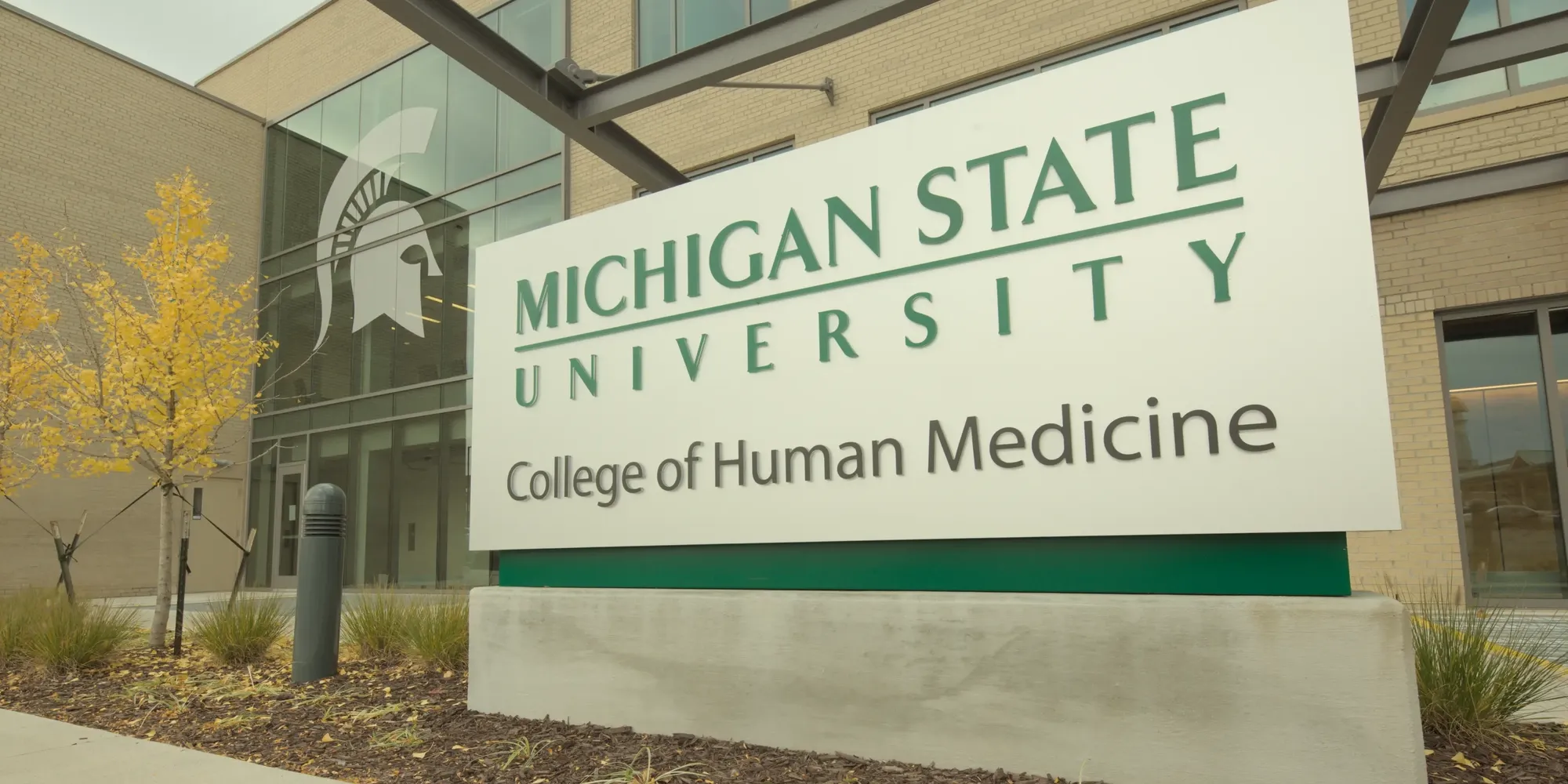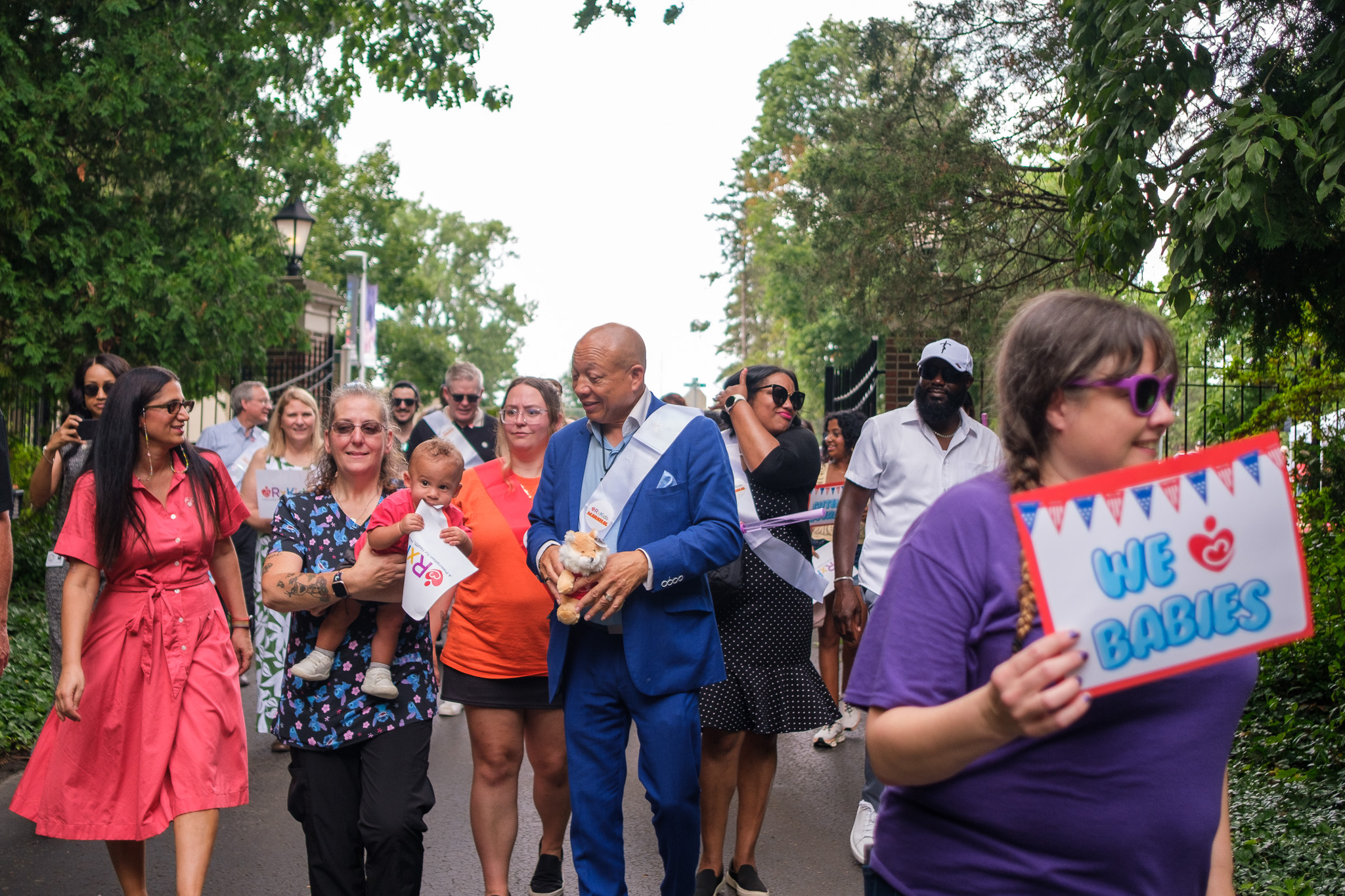As a neuroethics research assistant at Michigan State University's Department of Medicine, Master of Public Health student Arynn De Leeuw uses analytical skills to conduct community-based participatory research. The Canadian native recently had the opportunity to present her work at a national academic conference.
My interest in public health started while working in direct patient care as a physical therapy assistant. I discovered a passion for advancing community health from a "behind the scenes" perspective. This realization led me to pursue a career in public health with a specific interest in epidemiology, which involves analyzing patterns, causes, and effects of health and disease conditions in defined groups.

Working in public health has allowed me to broaden my professional experiences. In my current role as a research assistant in neuroethics, my principal investigator, Dr. Michelle Pham, encouraged me to submit an abstract on our NIH-funded research to the 10th Annual NIH BRAIN Initiative Conference in Rockville, MD, where I was recognized as a Scholar Spotlight Runner-Up for my abstract submission.
The BRAIN Initiative is a group that aims to use new technologies to change the way we think about the human brain, and our research focuses on discovering the best peer support structures for BRAIN Pioneers— a growing and unique group of people who make neurotechnology research possible through their participation in neural device trials. We collaborated with the BCI Pioneers Coalition using community-based participatory research methods to understand better how to promote support structures for the participants. Support structures are integral to participants' well-being before, during, and after study participation.
We created an open-ended dialogue meeting with BRAIN Pioneers where topics of discussion included types of peer support that participants value, barriers that limit access, and the types of infrastructure needed to create peer support in research settings. Results are then synthesized from the dialogue meeting using inclusive data interpretation to co-create a set of best practices that promote peer support for BRAIN Pioneers.
Presenting a poster on this topic at a national conference allowed me to engage with professionals from various disciplines and further my understanding of new findings and technology. The whole experience was invaluable to my development as a future public health professional.
As I move closer to the finish line of earning my MPH, I'm currently seeking a full-time position in epidemiology or health data analytics. I hope to make a difference by providing essential data and insight to help prevent disease, improve health outcomes, and extend life expectancy in Michigan.
This story originally appeared on the College of Human Medicine's website.
Get the latest updates on our programs and initiatives.


